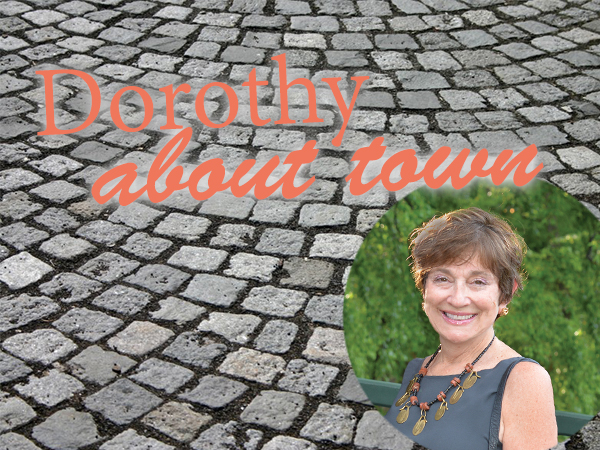What do you think of when you hear the words ‘public library’? Maybe musty shelves of books or the elderly coming in for large-print novels? But library fans know the local library is the best-kept secret out there—not that it wants to be a secret. It’s just that people nowadays aren’t particularly taken with printed word on paper—and are taken with the instant gratification of e-commerce. Need your next novel for book club? Amazon can have it at your door tomorrow (or you can get it on your tablet in seconds). Want access to newly released movies or the hottest TV series? That’s how satellite and cable services make their fortunes. But your local library has all of that, too, and for free. Plus, it has lots more: genealogy workshops, writers’ support groups, authors’ speakers series, and book and movie meetings. And that’s just for adults—teens and kids get their own programs.
Founding father Benjamin Franklin started the first lending library in 1731 in Boston. It was a great concept then, as it is now. The idea is to make learning, research and discovery accessible to everyone. Last week, the St. Louis County Library brought in renowned author Stephen Fried, who spoke about his new book, Rush: Revolution, Madness, and Benjamin Rush, the Visionary Doctor Who Became a Founding Father. While you’d think this esoteric topic might not draw the crowd upcoming speaker Ellie Kemper will (Oct. 13), it was a packed room: around 250, by my count.
I randomly chose this speaker, but I’m glad I did. Turns out Dr. Rush, the youngest signatory (age 30) of the Declaration of Independence, socialized with John Adams, Thomas Jefferson, Benjamin Franklin et. al. His journals and correspondence give us a different perspective on them and current events of the time. Rush, a protege of Franklin, is considered the father of American psychiatry and published the first American textbook on mental illness. He was a leading abolitionist who wrote about the psychological pain of prejudice and medical adviser to the Lewis and Clark expedition. A Philadelphian who lived across the street from Alexander Hamilton (they didn’t get along), he ran the University of Pennsylvania medical school. As a Presbyterian in a Quaker state, he was a staunch advocate for the separation of church and state. His son Richard worked for four presidents and traveled to England for the funding that started the Smithsonian.
It’s amazing how much I learned in just one hour at the library. It makes me recall the response of a fellow book club member when she asked if I’d picked up that month’s book yet. I told her it was on hold for me at the library, to which she replied, “Oh, the library—why didn’t I think of that?”
